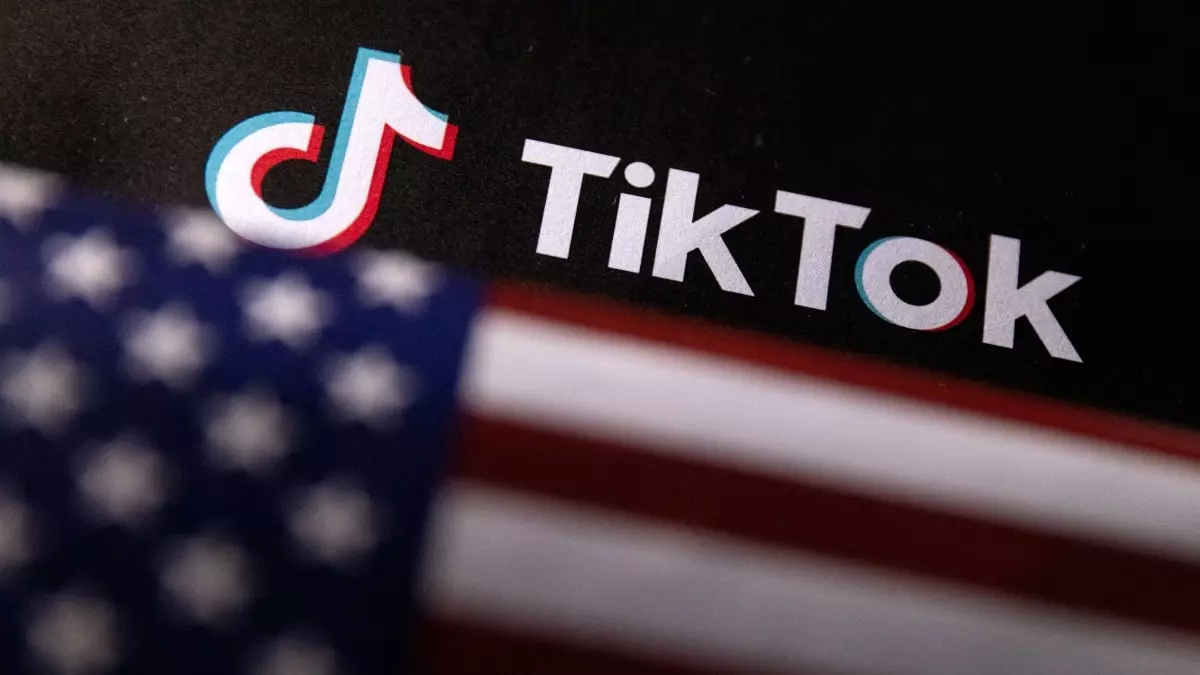The recent push for TikTok’s Chinese owners to divest highlights the ongoing debate surrounding the popular video-sharing platform’s future in the US. The bill, which has now been signed into law by President Joe Biden, has ignited a 270-day countdown for a potential sale or an outright ban of TikTok. This development marks a significant turning point in TikTok’s presence in the US and raises concerns about the implications for its 170 million monthly users.
One of the key arguments behind the legislation is the perceived national security threat posed by TikTok’s Chinese ownership. Regulators and lawmakers in Washington have long expressed concerns that the app could be used as a tool for Chinese propaganda and data collection. These allegations have underscored the need for stricter regulations and oversight of foreign-owned social media platforms operating in the US.
Beyond national security considerations, the potential ban of TikTok poses significant economic consequences for content creators, influencers, and businesses that rely on the platform for income. The unique format of TikTok has enabled businesses to connect with younger audiences and build brand visibility through creative content and user engagement. The loss of this platform could disrupt the livelihoods of many who depend on TikTok for financial stability.
As TikTok prepares to challenge the legislation in court, the outcome remains uncertain. While proponents of the bill believe it will withstand legal scrutiny, civil liberties groups have raised concerns about free speech implications. The First Amendment will likely play a central role in the legal proceedings, highlighting the complexities of regulating foreign-owned communication systems in the US.
The timing of the legislation, just days before Biden’s signing into law, reflects the political sensitivity surrounding TikTok during an election year. Lawmakers on both sides of the aisle have voiced their support for regulating TikTok, emphasizing the need to protect national security interests without infringing on free speech rights. The political and legal maneuvering surrounding TikTok’s fate further underscores the complexities of balancing competing interests in the digital age.
The TikTok ban represents a pivotal moment in the ongoing debate over the regulation of social media platforms with foreign ownership. The economic, legal, and political implications of the legislation underscore the challenges of navigating a rapidly evolving digital landscape. As TikTok and its Chinese owners gear up for a legal battle to challenge the ban, the outcome remains uncertain. Ultimately, the fate of TikTok in the US will depend on the delicate balance between national security concerns, economic interests, and free speech rights in an increasingly interconnected world.


Leave a Reply